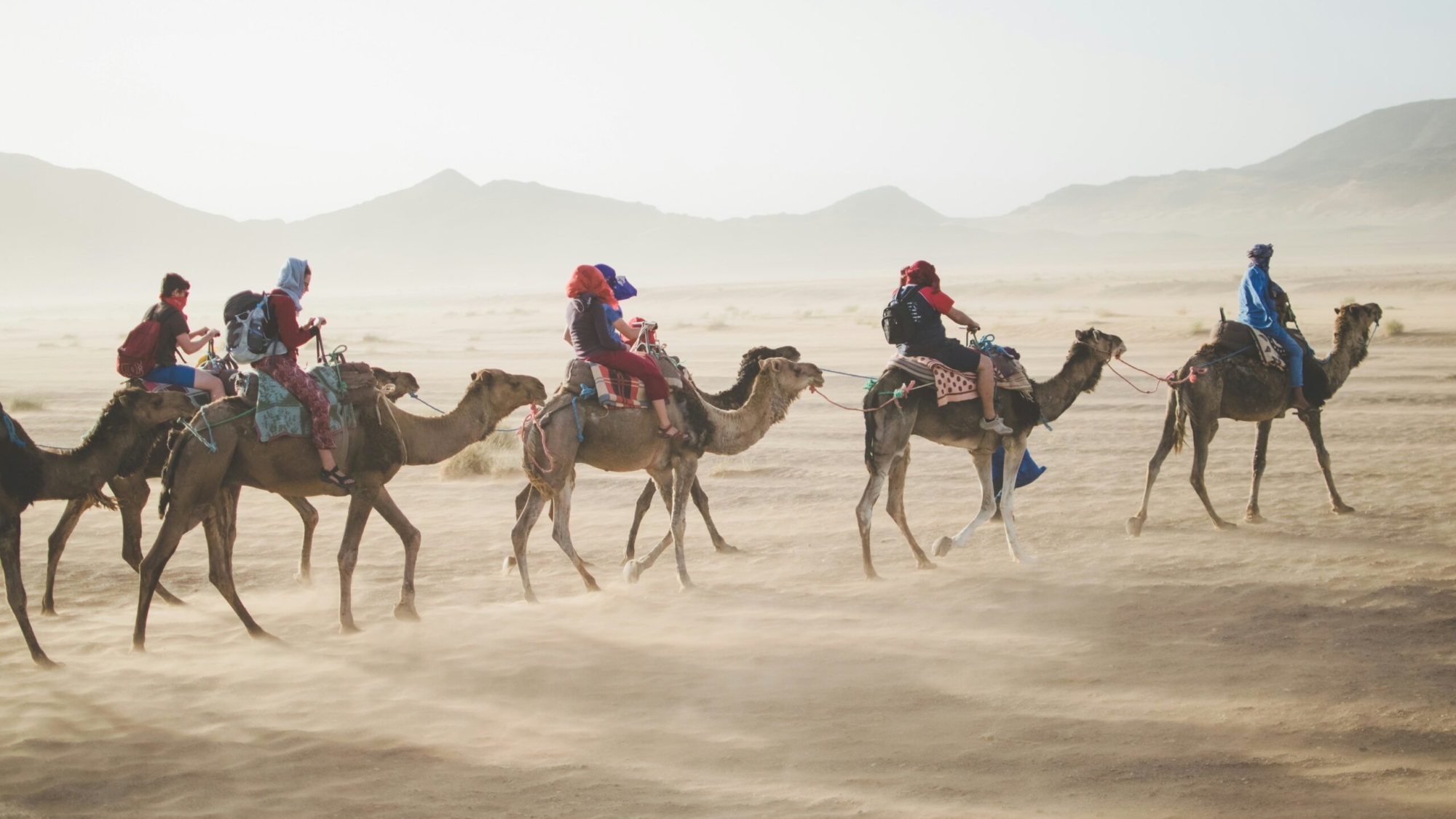Leadership Development Program
Leadership Development Program, Schools with integrated education models recognize leadership as a vital skill for nurturing well-rounded students. Leadership opportunities are often woven into school curriculums through team projects, sports and club roles like captains, cultural positions such as class presidents, and align with The Partnership for 21st Century Learning’s 21st Century Skills Framework.
At Experiential Pathways, we take leadership development beyond the confines of school culture and traditional community structures. By immersing students in real-world scenarios, we provide practical, organic experiences that showcase the true essence of leadership, empowering students to apply these skills in diverse, global contexts.

Community Leadership: A Foundation for Transformative Partnerships
At Experiential Pathways, leveraging community leadership is essential to fostering impactful and sustainable partnerships. By immersing students in these structures, we demonstrate what voluntary leadership truly looks like, highlighting the fluid nature of leadership, the influence of age and gender dynamics, and how conflicts in goals or methods can be resolved for the greater good of the community.
Mobilizing a community toward a shared goal requires more than strategy—it’s an art. It involves building relationships, honoring social hierarchies, and pooling resources while understanding the unwritten rules that guide daily life. This approach not only empowers communities but also provides students with invaluable insights into the complexities of leadership in real-world settings.
Active Leadership: Empowering Communities Through Collaboration
Community-initiated projects and partnerships with external organizations require initiative and strong organizational skills. In these collaborative efforts, leaders work toward shared goals, prioritize who will benefit, and develop a consensus on how external resources can address community needs.
Leadership within these projects is dynamic, shifting based on expertise, local resources, and familiarity with the work. This flexibility showcases effective project management in communities that have honed their own development. It also highlights the power of collaboration toward a common goal, offering students a visible, tangible example of what can be achieved when a community comes together. By observing these efforts, students learn the importance of teamwork, dedication, and ensuring everyone’s voice is heard and respected.
Youth and Program Leadership: Cultivating Global Connections and Guidance
Program Leaders play a crucial role in fostering cross-cultural connections, ensuring student safety, and managing both content and logistics. Often acting as cultural liaisons, they navigate language barriers and contextual differences, providing clarity and support to travelers in unfamiliar environments
Program Leaders bring complementary skills to the table, adjusting their approach based on the needs of the group, whether during safety briefings or reflective discussions. This implicit leadership, rooted in their role, age, and local knowledge, offers students valuable guidance during moments of discomfort or uncertainty.
An effective Program Leader anticipates students’ needs by leveraging their experience, understanding of the group, and foresight in aligning activities with the program’s objectives. This blend of training, experience, and innate leadership qualities makes them exemplary role models for students, demonstrating the core principles of leadership in action.
Social Leadership: Empowering Students to Lead Through Travel
Social leadership is a role that students embrace during travel, where they advocate for themselves and take ownership of their own experiences as well as those of their peers. As travelers, students are tasked with adapting to local expectations, engaging respectfully with community members, trying new foods and languages, and exploring their surroundings with curiosity. They also act as ambassadors for their home communities, modeling respect and open-mindedness.
In addition to their personal growth, students become role models for one another, encouraging their peers to embrace these principles of engagement—positivity, curiosity, and respect.
Leadership is a skill that students develop day by day, and traveling outside their familiar environments tests and strengthens these abilities. Traveling challenges students on physical, emotional, and mental levels, offering them the opportunity to reconsider familiar concepts from a fresh perspective. For instance, attending a Fijian kava ceremony with one of Fiji’s only female chiefs in a remote mountain village can transform a student’s understanding of leadership, providing valuable insights they can carry with them into their future lives and careers.

